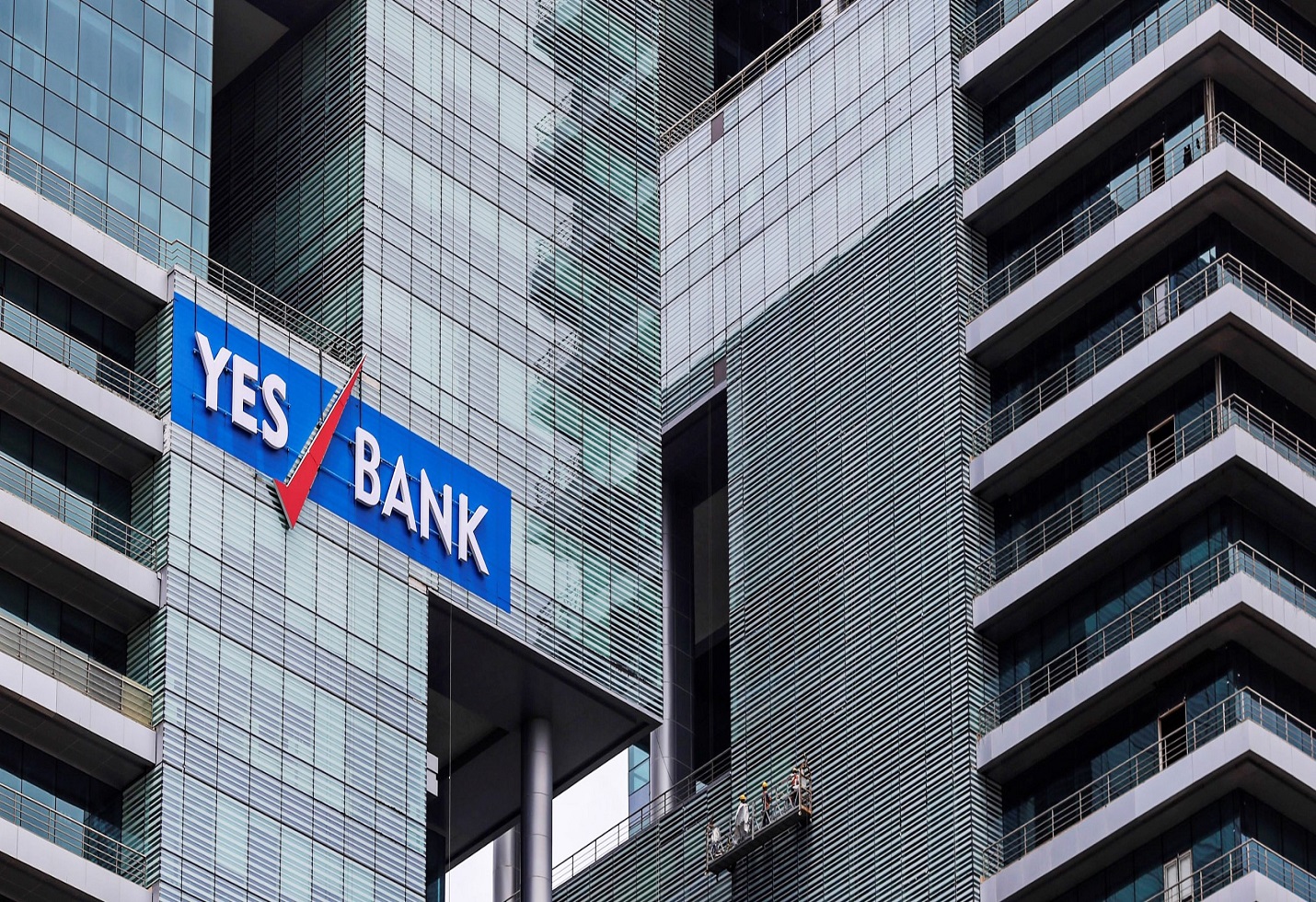SMBC Strengthens Stake with ₹16,000 Crore Investment in Yes Bank
Sumitomo Mitsui Banking Corporation (SMBC), Japan’s banking major, is poised to strengthen its partnership with Yes Bank through an infusion of ₹16,000 crore in equity and debt financing.
Strategic Boost for Yes Bank’s Financial Health
Sumitomo Mitsui Banking Corporation (SMBC), Japan’s third-largest lender, is preparing to infuse an additional ₹16,000 crore into Yes Bank. This latest capital infusion, structured through yen-denominated bonds and equity instruments including foreign currency convertible bonds (FCCBs), is anticipated to significantly strengthen Yes Bank’s balance sheet and improve overall financial metrics.
The ₹16,000 crore further investment follows SMBC’s earlier acquisition of a 20% stake in Yes Bank for ₹13,500 crore, primarily acquired from existing shareholders led by the State Bank of India (SBI). SMBC has secured regulatory approval from the Reserve Bank of India (RBI) to hold up to 24.99% equity, with plans to explore strategies to raise this stake by 4.99% in coming months.
Investment Breakdown and Structure
The capital injection is split into two parts:
• ₹8,500 crore through long-term, yen-denominated bonds carrying sub-2% rates, offering Yes Bank access to low-cost capital.
• ₹7,500 crore through equity infusion, most likely in the form of FCCBs, boosting the bank’s capital adequacy and enabling growth lending.
This structured funding approach not only tightens Yes Bank’s liquidity but also optimizes the cost of capital, which will enable more competitive lending and expansion.
SMBC’s Plans for a Larger Role
The bank is also establishing a wholly owned subsidiary in India, intended as a platform for potential majority ownership in the future. Recent negotiations with private equity investors Advent International and Carlyle Group—holders of approximately 9.2% and 4.2% stakes, respectively—are ongoing to facilitate the increase in SMBC’s holding.
While RBI has yet to grant promoter status, SMBC’s keen interest in formalizing this status signals a robust long-term commitment to shaping Yes Bank’s growth narrative in the competitive banking sector.
Positive Market Reception and Outlook
News of SMBC’s additional ₹16,000 crore investment led to immediate market enthusiasm, with Yes Bank’s shares surging around 4% on BSE following the announcement. Investors view the move as bolstering the bank’s financial position, which is crucial given Yes Bank’s position as a private sector challenger bank in India.
The fresh infusion of capital is expected to lift Yes Bank’s net interest margin (NIM), which stood at just 2.5% in June 2025—one of the lowest in the industry.
Better capital adequacy could enable the bank to lend more aggressively while sustaining profitability.
Yes Bank’s Evolution and Growth Prospects
Yes Bank has undergone significant transformation since the 2020 bailout led by the Reserve Bank of India and major lenders like SBI. SMBC’s involvement marks an important chapter, bringing in international expertise and financial muscle to support the private lender’s ambitions.
With this infusion, Yes Bank is well-positioned to scale its loan book, invest in digital banking capabilities, and strengthen its presence in corporate, retail, and MSME banking sectors. SMBC’s strategic partnership is expected to provide the bank with access to global best practices, governance frameworks, and new business opportunities.
Concluding Perspectives
SMBC’s planned ₹16,000 crore investment is a pivotal moment for both the Japanese banking giant and Yes Bank. It underlines SMBC’s growing confidence in India’s private banking sector and its aspirations for a larger footprint. For Yes Bank, this strategic capital boost secures a stronger capital base, setting the stage for accelerated growth and enhanced competitiveness.
Pending regulatory approvals and successful stakeholder negotiations, this partnership could redefine Yes Bank’s future trajectory as a robust, technology-driven, and globally connected bank.
The image added is for representation purposes only



